Paying attention to education in ethnic minority areas, Hoa Binh province has focused resources on investing in a system of schools and classrooms at all levels to meet the learning needs of students. Photo taken at Da Bac High School, Da Bac district.
In 1970, following the call of the Party, Mr. Dinh Van Mung, Ke hamlet, Hien Luong commune, joined the army. Participating in many major campaigns, including the historic Ho Chi Minh campaign in 1975, Mr. Mung was wounded many times. Returning to his hometown as a 1/4-class disabled veteran, Mr. Mung continued to participate in production labor and grassroots activities. In 1979, Mr. Mung's family was also one of the households that was ready to relocate their house, leaving their fields and gardens to contribute to the construction of the Hoa Binh hydroelectric plant. Mr. Mung was one of many ethnic minority people who were ready to fight and sacrifice for the beloved South, for the interests of the nation and people.
Comrade Ha Van Di, Director of the Department of Ethnic Minorities and Religions, said: Hoa Binh has a long history, cultural traditions and a strong tradition of revolutionary struggle. It is a province with a large number of ethnic minorities living together, accounting for 74.31% of the population, including many ethnic minorities who have long lived and lived in concentrated communities in communes and towns. Over the years, the ethnic minorities in the province have always been united, wholeheartedly following the Party and Uncle Ho and have made many contributions to the cause of national independence, national reunification, and building and defending the Fatherland. Many outstanding children of ethnic minorities have fought and sacrificed heroically.
Over the past years, the Provincial Party Committee, People's Council and People's Committee have led and directed the thorough understanding of the Party and State's viewpoints and guidelines on ethnic affairs, innovated the work of mobilizing people and well implemented ethnic policies. Hoa Binh province has achieved many achievements in all areas of socio-economic development, especially in ethnic affairs, sustainable poverty reduction and new rural construction, and building a contingent of ethnic minority cadres. The socio-economic situation, security and defense, Party building and the political system have many positive changes; the appearance of rural areas in ethnic minority areas in the province has improved a lot.
Thanks to the policies and support programs of the province and district, many households have gradually changed their thinking and working methods, striving to stabilize their lives. A typical example is the Mong people in the two communes of Hang Kia and Pa Co, the mountainous district of Mai Chau. With the benefits of Project No. 03-DA/TU of the Provincial Party Committee, many households have developed a community tourism model associated with clean agriculture. Up to now, the lives of the Mong people have had many positive changes.
Implementing the National Target Program for Socio-Economic Development in Ethnic Minority and Mountainous Areas, the infrastructure system in ethnic minority areas has received investment attention, basically meeting the needs of production and people's lives. Up to now, the rate of communes with asphalted or concreted car roads to the commune center has reached 100%; villages with hardened car roads to the center have reached 95.7%; the rate of rural people using hygienic water has reached 95.9%; urban residents using clean water has reached 96%; communes with national grid electricity have reached 100%...
The cultural and social fields have received much attention and progress; the system of boarding and semi-boarding schools for ethnic minorities has been consolidated, expanded and gradually improved in quality, creating favorable conditions for the learning needs of ethnic minority children. Social security policies have been implemented with attention; public health care has had many positive changes; the system of provincial and district hospitals, regional polyclinics and commune health stations have been invested in infrastructure and equipment, meeting the medical examination and treatment needs of the people.
The preservation and promotion of cultural identity, language, writing, customs, and fine traditional beliefs of ethnic groups are highly valued. Many traditional festivals have been restored; many models of traditional cultural villages and hamlets have been preserved in association with tourism development. The unique cultural values of ethnic groups have gradually become resources for socio-economic development, especially tourism development. The fine traditional identity of the ethnic groups together with the relics, archaeological sites, and artifacts of Hoa Binh Culture are the core conditions for the province to build a sustainable tourism environment, gradually creating unique and attractive tourism products to improve the quality and competitiveness of Hoa Binh tourism in the coming time.
50 years after the country's reunification, the ethnic minorities of Hoa Binh province have always promoted the spirit of solidarity, self-reliance, national pride, and strived to compete in labor and production to escape poverty, rise up to become rich legitimately, and build Hoa Binh into a province with fast and sustainable development.
Phuong Linh
Source: https://baohoabinh.com.vn/274/200726/Doi-moi-vung-dong-bao-dan-toc-thieu-so.htm


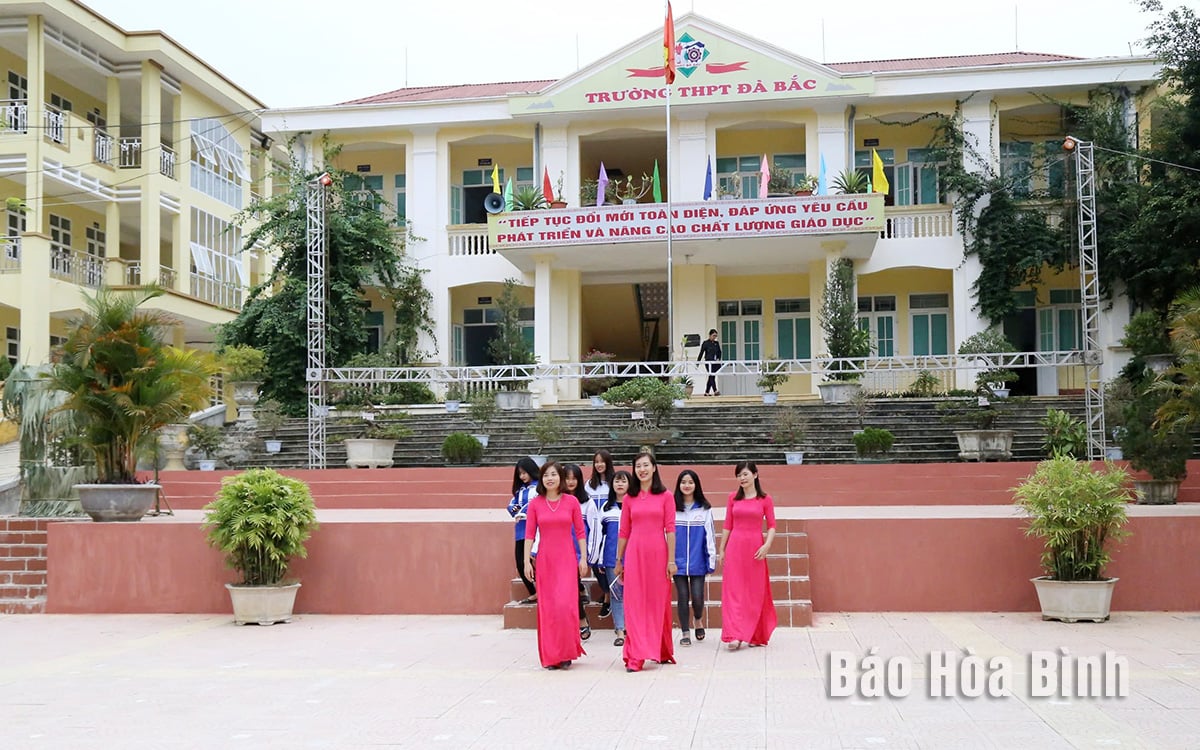
![[Photo] "Lovely" moments on the 30/4 holiday](https://vphoto.vietnam.vn/thumb/1200x675/vietnam/resource/IMAGE/2025/5/1/26d5d698f36b498287397db9e2f9d16c)
![[Photo] Ha Giang: Many key projects under construction during the holiday season](https://vphoto.vietnam.vn/thumb/1200x675/vietnam/resource/IMAGE/2025/5/1/8b8d87a9bd9b4d279bf5c1f71c030dec)

![[Photo] Binh Thuan organizes many special festivals on the occasion of April 30 and May 1](https://vphoto.vietnam.vn/thumb/1200x675/vietnam/resource/IMAGE/2025/5/1/5180af1d979642468ef6a3a9755d8d51)












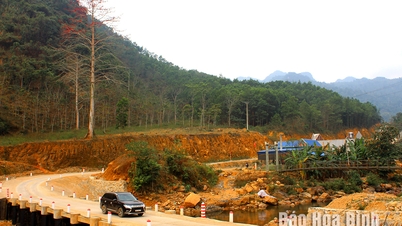


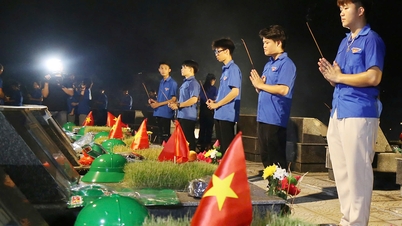















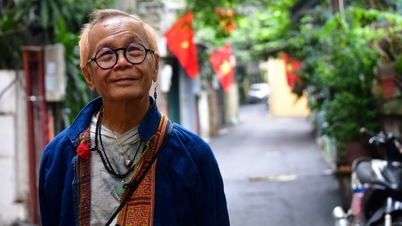






















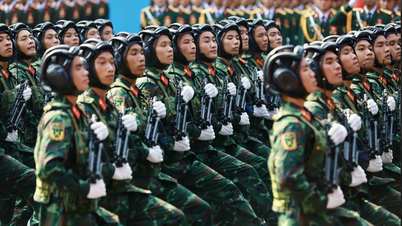

































Comment (0)